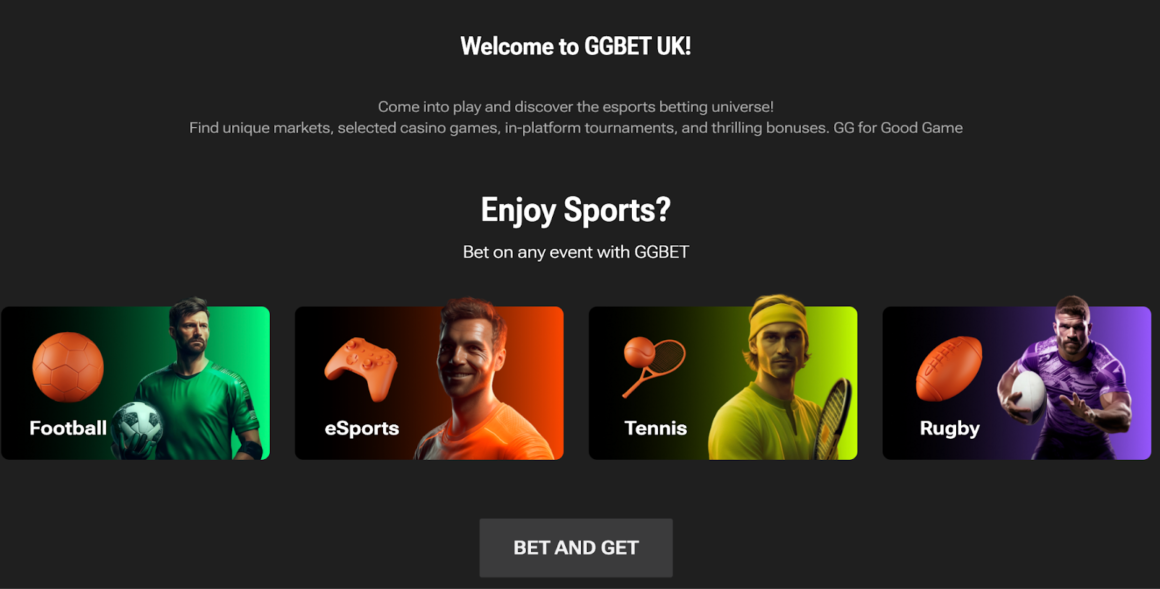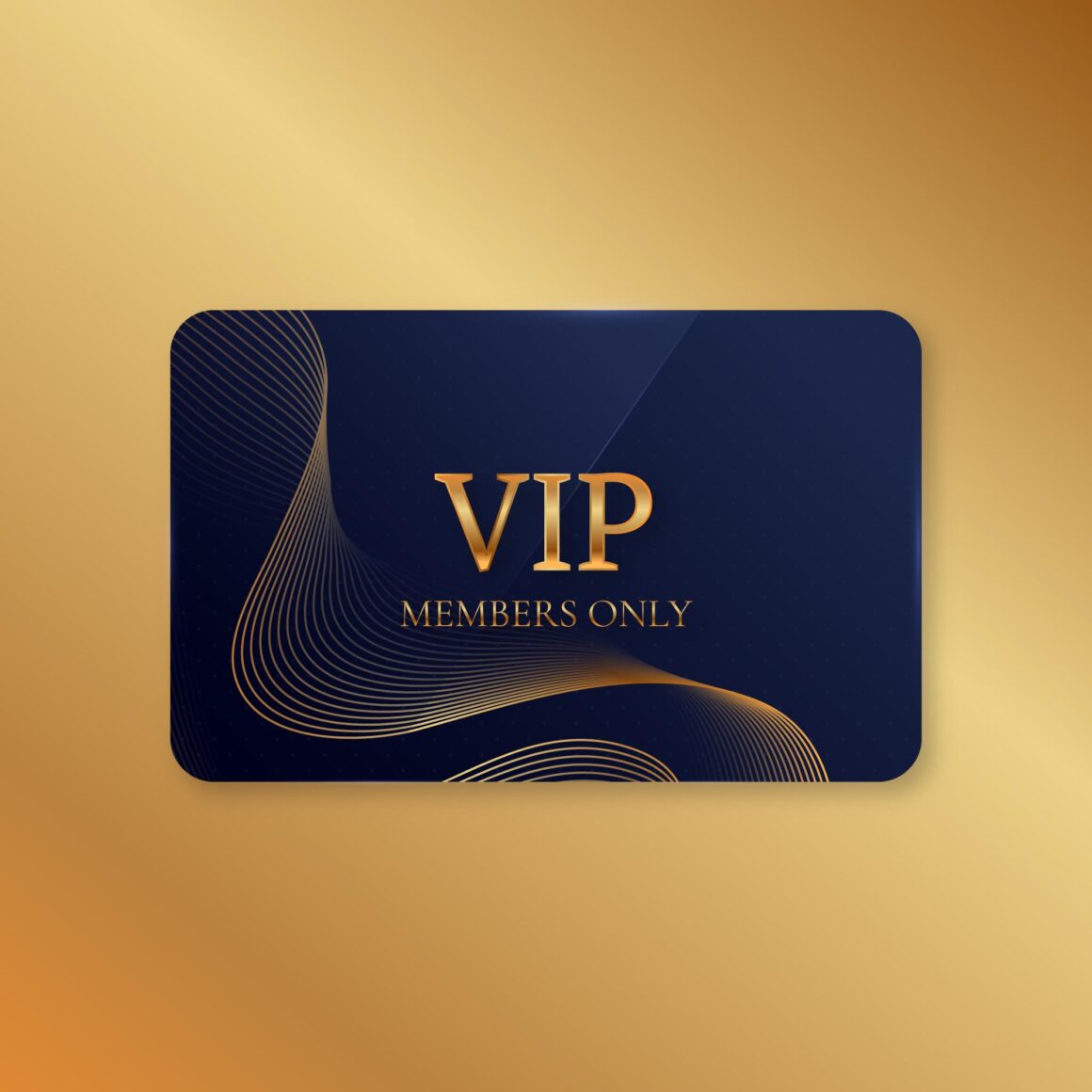
I get it. I’ve spent all of my teenage years obsessing, fangirling over something. While I sailed my way from Alternative Rock to One Direction and going back to my childhood guilty pleasure, K-Pop, I have had my fair share of faves that I would kill and die for. However, as I matured, so did my judgment. I had to have long conversations with myself, telling me that, in order for me to keep appreciating the artists that I love, I have to learn to respect their artistry and careers while detaching that for their real lives. I had to learn to enjoy their art while being in complete opposition of their personal behaviors.
K-Pop isn’t the easiest industry to be a fan of. While the world is still in its phase of transition, just now slowly learning how to accepts Korea’s pop culture, Korean artists and their entertainment industry is also, at the same pace, learning how to face cultural differences that they have been shielded from within their country. If we are to dissect K-Pop and K-pop idols, we’d end up with a lot of colorism, intolerance, sexism, and, pardon my explicitness, ignorance. I say this through the lenses of a K-Pop fan, a fan of their music, variety and reality shows, television dramas, and all that Korean has to offer. So, as fans, let’s just face it, our faves are problematic.
Park YooChun is (or at least he was, two months ago) one of Korea’s most beloved idols. He is currently under fire for his accusations of at least five cases of sexual assault. Just a few weeks before his first accusation became public, I was part of a podcast focused on Korean singers that have succeeded at their acting careers. Once YooChun was the actor being discussed, my friend and I, both guests at the podcast, spent long minutes praising the singer, his career as an actor, and his lovable personality. Now, you can imagine how shocked we were for seeing our personal fave being accused of not one, but at least five sexual assaults.
I felt guilty. For a moment, I wanted to take back everything I had said and erase any praise I had possibly given him in the past. But did I really have to go through that agony? Did the fact that he now ended his career cancel his past greatness? K-Pop fans in Brazil have a term for fans that will defend their faves no matter what: advogada de oppa. “Advogada” means lawyer and oppa is that word you’ve sang countless times followed by “Gangnam” is PSY’s international hit. “Oppa” is “a respectful Korean term used by females to call older males such as older male friends or older brothers,” but has been constantly overused by K-Pop fans around the globe. Brazil’s “oppa’s lawyers” is a label I never wish to have fall upon myself, but I had to learn to appreciate the artist and condemn the person’s actions.
Us fans are entitled to defend our favorite artists, to stand by their sides, but it is up to us and our moral judgments to know when they’re wrong. My personal favorite K-Pop artist is Block B’s leader and currently one of Korea’s most renowned rapper, Zico. As I immersed myself as a socially active fan within the K-Pop world, I began to discover homophobia, racism, and cultural appropriation in a devastating majority of Zico’s work. In his solo music video, “Tough Cookie,” he is even seen wearing the Confederate flag in a jacket. “Tough Cookie” instantly blew up and Zico was showered with criticism for the poor representation of women in his video and his outfit of choice. As a fan, I found myself in a position in which I could either bash my favorite artist, or ignore what he was doing.
I chose to take a different road. Yes, the one less traveled. I decided that I would take this opportunity to educate my fandom. I am aware that I cannot change my favorite artist, I cannot make them stop, no matter how many boycotts I attempt to make, but I can educate my fellow fans. I took it to my advantage as someone who was socially aware of the issues within his video and expanded to his music. I opened my Twitter with various comments on sexism and cultural appropriation within K-Pop, not only Zico. While many took that as a learning experience, I was bashed by most. This is where they come to play, Oppa’s Lawyers.
It is so dangerous for us to blind ourselves exclusively because we like one’s art. We are never to forget our own morals, were our privileges stand and how far we can go for the sake of being a dedicated fan. While you don’t need to abandon your favorite artist, you also do not need to side with them. You are entitled to question what they do, you are entitled to disagree with what they preach. You can see past their mistakes and appreciate their art, but never ignore them. As you ignore their mistakes yourself, others are pointing at them. Once other bring those to light and all you choose to do is ignore them, you become a subscriber to all the mistakes your favorite artist have done.
Now, I am not saying artists should be forgiven for their actions just because of the “famous” label they carry around their foreheads. Quite contrary, I believe that, as examples to a legions of fans, they should be rightfully punished for their incorrect behaviors. So, as fans of their work, what can we do? If I’m 100% honest, nothing. There is nothing we can. We can sit back, watch them end themselves in a sea of scandals and just accepts it, our faves are problematic. Embrace the opportunity to explain to your fellow fans that this and that is not ok, that we do not need to congratulate our faves on everything they do. As a conscientious fan, stick to what you believe in and appreciate the art you enjoy.





Comments are closed.